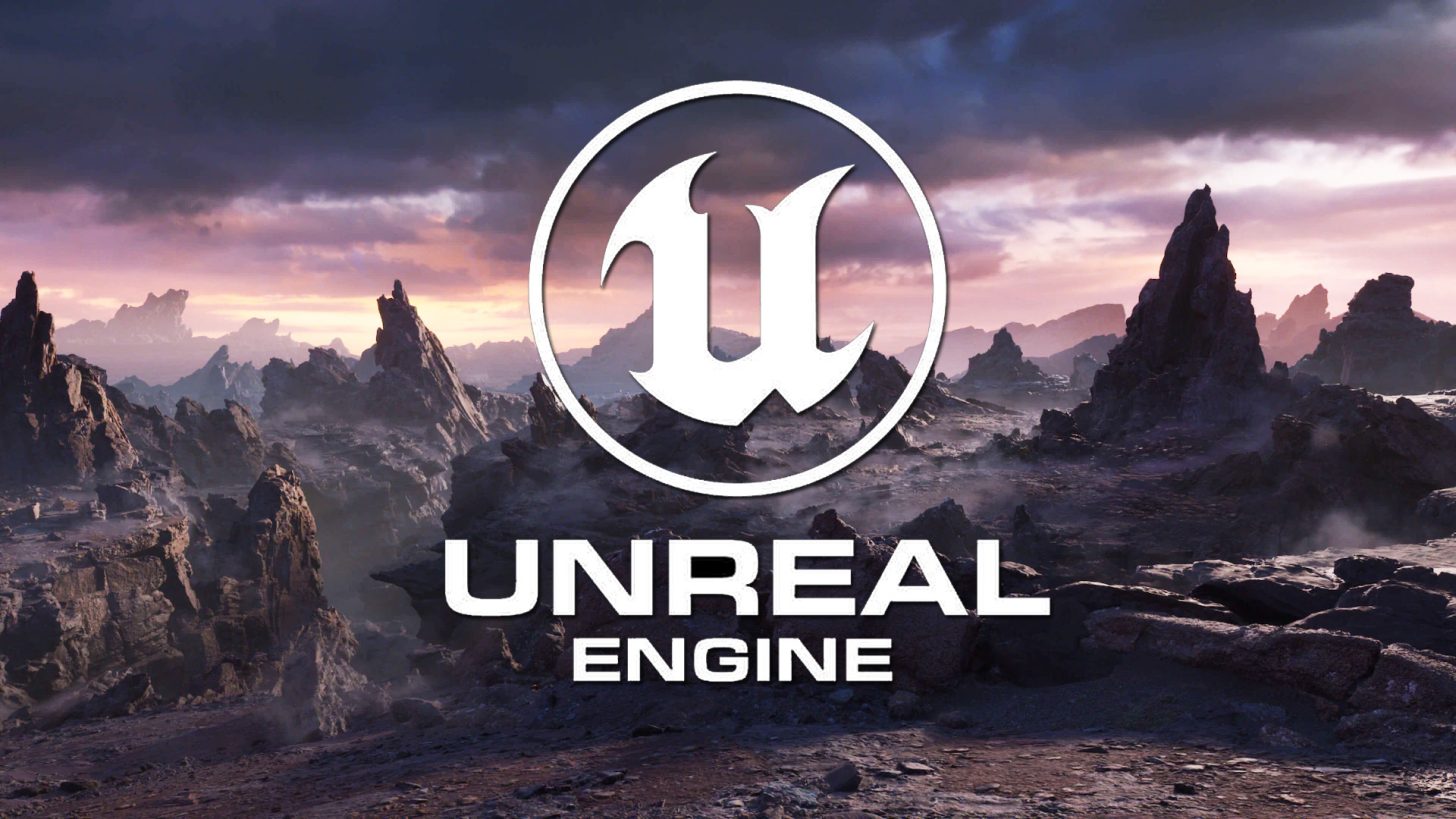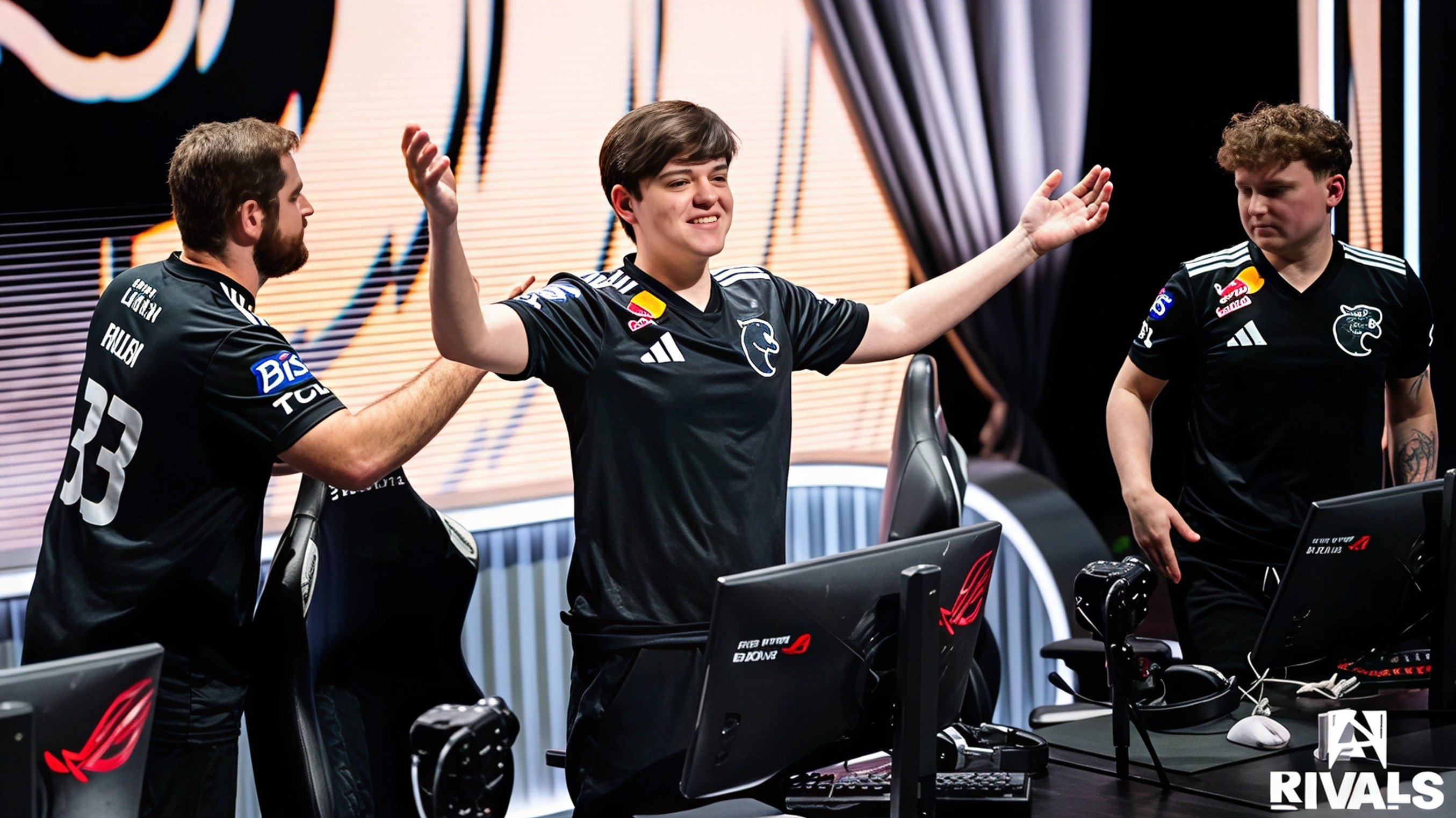Unreal Engine 5 has become one of the most talked about tools in modern gaming. Its realistic graphics, massive world-building capabilities, and ease of use have made it the go-to choice for both indie creators and big studios. However, not everything has been smooth sailing. Over the past few years, many high-profile releases built on Unreal Engine 5 have been criticized for performance issues, especially on lower-end PCs and consoles. These concerns have fueled heated debates within the gaming community, with some questioning whether the engine itself is at fault.

Epic Games CEO Tim Sweeney has now stepped in to clarify the situation. Speaking at a roundtable in South Korea, Sweeney suggested that the real problem does not lie with the engine but with the way developers handle optimization during the production cycle. According to him, many studios focus heavily on designing their games for high-end machines and only attempt to optimize for weaker hardware toward the final stages of development. By then, performance issues are far more difficult to fix, often leaving games feeling poorly optimized at launch.
Sweeney acknowledged that optimization is not easy. He described it as one of the most difficult aspects of game development and stressed that ideally, developers should begin this process early on, even before full-scale content creation begins. He also pointed out that there are plenty of games built on Unreal Engine 5 that run smoothly, which proves that the engine itself is not fundamentally broken.
That said, Epic Games is not ignoring the complaints. Sweeney revealed that the company is exploring ways to make optimization easier for developers. One solution being worked on is the creation of automated optimization features that can adapt games to different devices more efficiently. Another key step is raising awareness within the developer community about the importance of addressing optimization from the very beginning of production rather than treating it as a final step.
He also noted that modern video games are far more complex than those made a decade ago. With larger worlds, advanced visual effects, and new forms of interactive content, optimization has become increasingly challenging. This is why collaboration between engine developers like Epic and game studios is becoming more critical than ever before.
Despite the criticism, Unreal Engine 5 is only gaining more ground in the industry. Major franchises have already confirmed their move to UE5, including the Halo series, which recently left behind its Slipspace Engine in favor of Epic’s platform. The growing adoption makes it clear that UE5 is here to stay and will shape the future of game development for years to come.
What remains to be seen is whether developers will take Sweeney’s advice seriously and shift their approach to optimization. If they do, players might finally see fewer broken launches and more stable experiences on day one. For gamers who have grown tired of performance issues, that is a change worth waiting for.
Follow Gaming Moves on Instagram and Facebook for more updates, reviews, and insights from the world of gaming.











